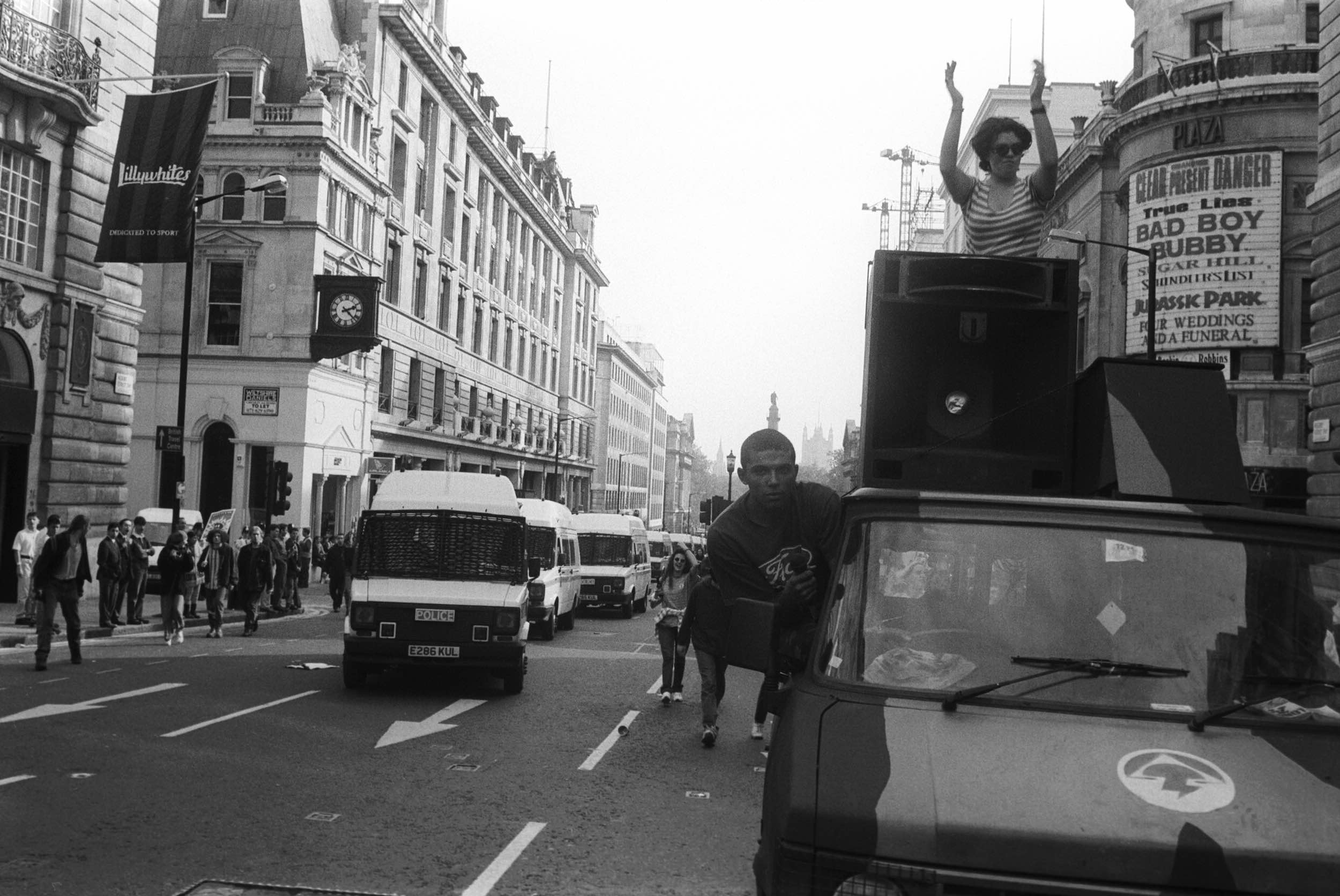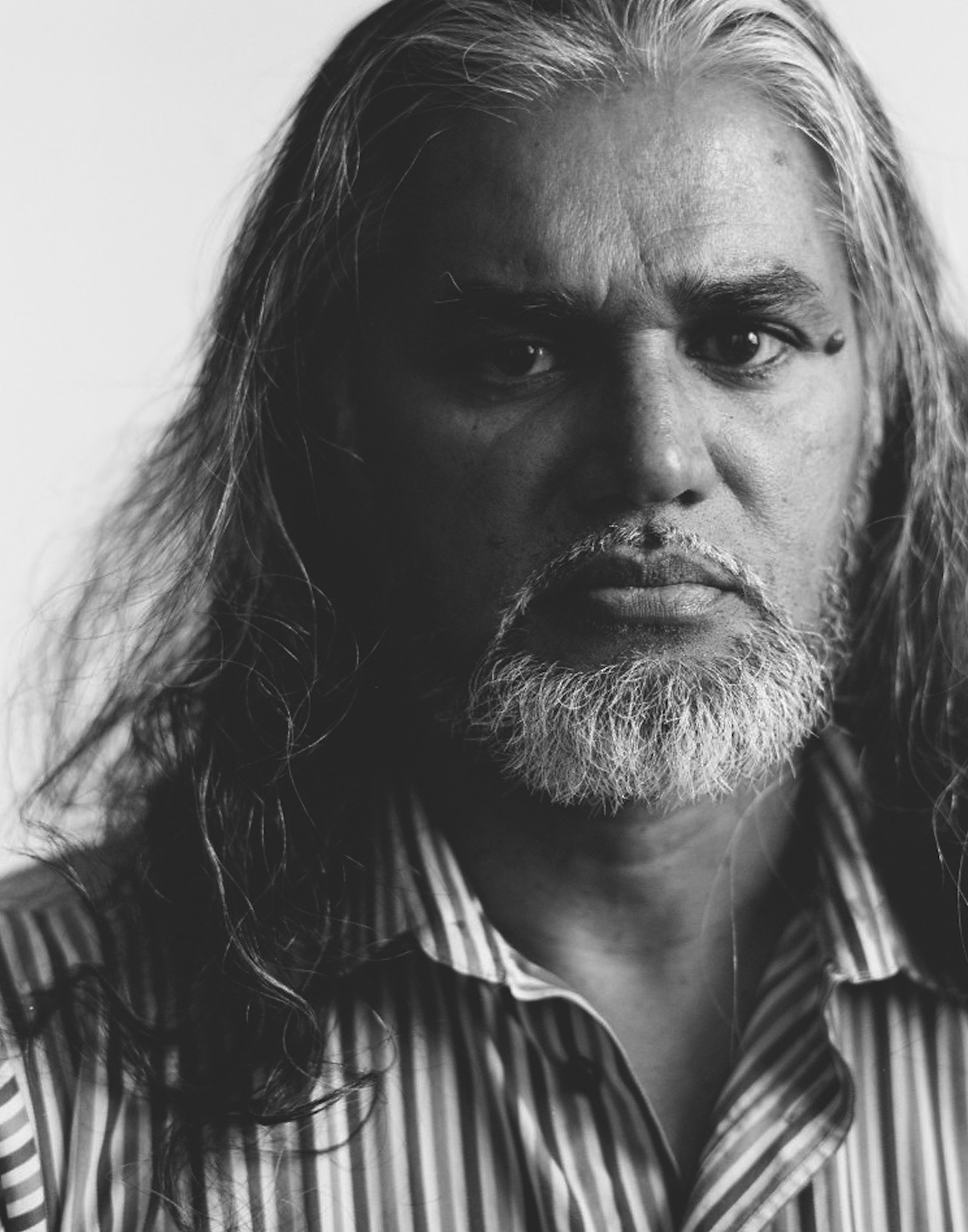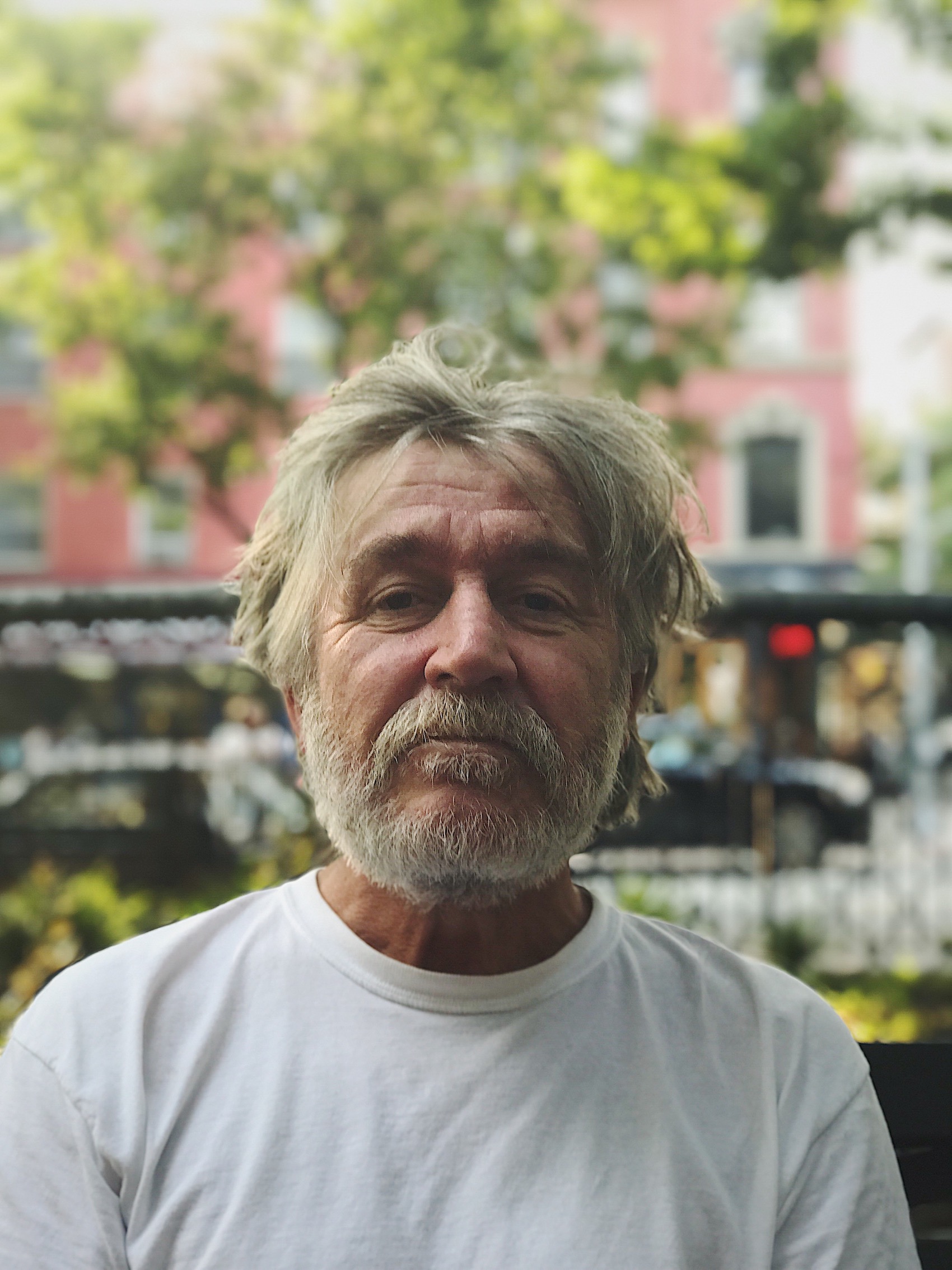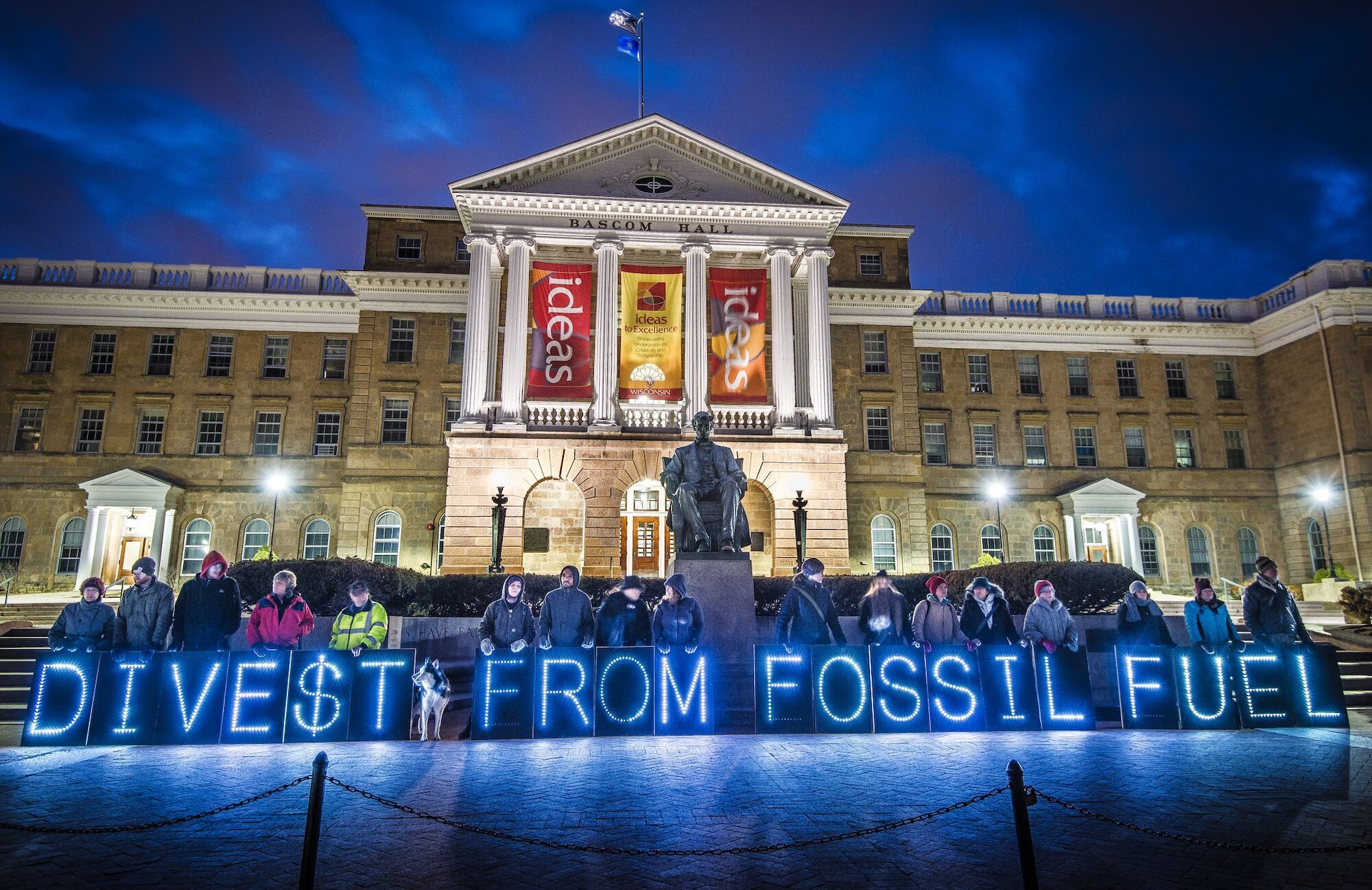Saving the Seas: A Visit to the Paul Nicklen Gallery
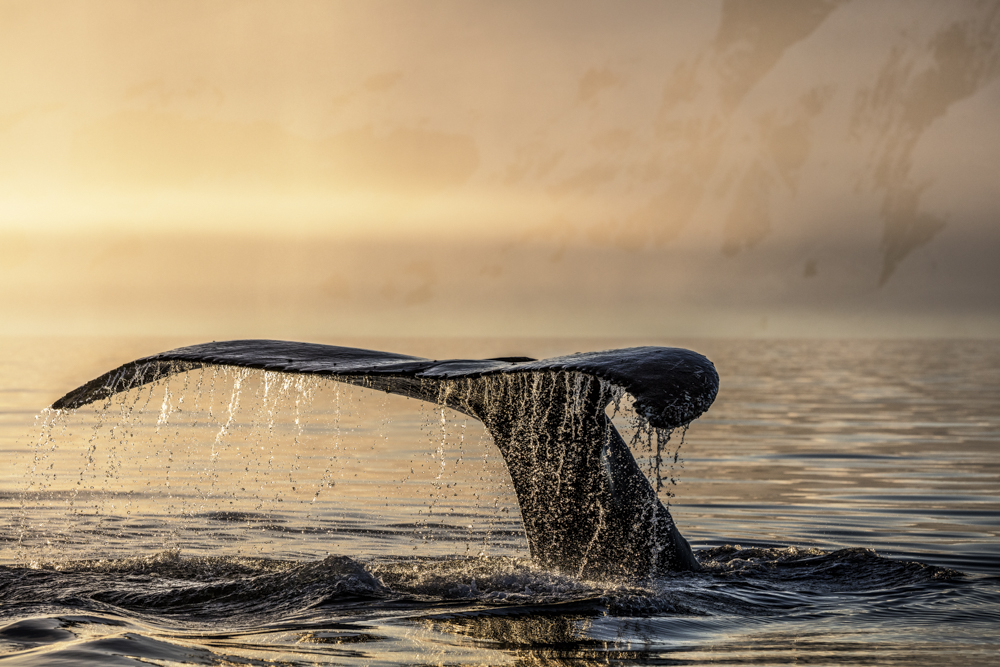
On National Oceans Day, Good Trouble visited the recently opened Paul Nicklen Gallery in SoHo, downtown New York.
It had opened five weeks prior, and the second exhibition was about to begin: a collection of images from Cristina Mittermeir’s 20-year career working and making images at the intersection of humans and the ocean, The Water’s Edge. As partners in life and photography, Paul and Cristina have created many remarkable and well-known images of wildlife, the oceans and the indigenous people that live along the coasts, many on assignment for National Geographic, and together founded the Sea Legacy social enterprise.
Bubblegum, Photo by Cristina Mittermeier (Papua New Guinea)
The gallery aims to provide a meeting point for campaigners, scientists, activists and anyone interested in the conservation movement, as well as a means of raising funds for their continued work encouraging action to protect the oceans. When we visited, it was also the middle of the United Nations Ocean Conference, and many friends, activists and scientists were wandering about the gallery, some of who came over to talk while we asked Cristina a few questions about her work and the show.
“We had given a presentation in New York in December about Sea Legacy, and when we finished, a young man approached and said, ‘How can I help?',” says Cristina. “Paul said, ‘What we really need is a gallery’… Two weeks later, he came back and told us, ‘I have the space and I have the investors’.”
“It is really incumbent upon each and every one of us to participate and be empowered and change little and big things every day.”
Lady with the Goose, Photo by Cristina Mittermeier (Yunnan Province, China)
“I am sure Donald Trump didn’t intend to do this… but he has energized the world," she continues. "One of the biggest problems and why we are in this environmental pickle, is that we have all assumed that someone else is working on solving it, especially the government. And it is becoming more and more apparent to people that no one else is taking care of it. It is really incumbent upon each and every one of us to participate and be empowered and change little and big things every day.”
“Trump leaving the UN Paris Agreement has energized us if anything,” she continues. “The rallying cry of the UN meeting here this week is ‘The waters are rising… and so are we’.” An outcome from the conference has been a commitment to protect the oceans: "We really have to protect 10% by 2020, and 20% by 2030… It is now less than 2%. We have a long way to go.”
Adrian Grenier, an actor and founder of the Lonely Whale Foundation that has the aim of getting people to stop using single-use plastics such as straws (much of it goes into the ocean), had given a talk the day before we met, and they broadcast it on their social media platforms to upwards of 50,000 people watching live: “It is like we have our own television channel, it’s amazing.”
Egg Yolk Jellyfish, Photo by Cristina Mittermeier (Salish Sea, British Columbia, Canada)
Cristina was born the central mountains of Mexico, so had no relationship with the oceans growing up. She became a marine biologist “because we were told the oceans would feed the planet,” but became disillusioned when she realized the horrendous scale of industrialized fishing, and how it was destroying the oceans. She then became a conservationist but found that photographs communicated more than the scientific papers she was publishing. “People are much more easily engaged," she says. "I stumbled on photography quite by accident.”
“I specialize in people, mostly – indigenous communities and their personal relationship with nature. Sacred ecology, I call it.”
The Water's Edge is described as a 'visual conversation' between the two conservationists and photographers: “Paul and I are partners in life and conservation and photography, but he has 30 years working in the polar regions, whereas I have 20 years in the tropics. He specializes in wildlife and underwater, I specialize in people, mostly – indigenous communities and their personal relationship with nature. Sacred ecology, I call it.”
We are joined by Carl Safina, the award-winning author and ecologist who has written many books about humanity’s relationship with the oceans, and is host of the PBS series Saving the Ocean. Cristina tells him how they have access to the National Geographic social media feeds, including its renowned Instagram account with almost 80 million followers, and how they are able to use it to help build their own audience. Paul Nicklen walks over to see what is happening and to say hello. “She is the soundbite queen,” he laughs, pointing to Cristina, “and he’s written about 75 books that are all brilliant,” gesturing at Carl.
Propulsion, Photo by Paul Nicklen (Ross Sea, Antarctica)
“The UN are not skirting the problems but have been managing to keep everything upbeat and hopeful and solution-orientated this week,” says Carl. “It’s been very good and refreshing. Especially because of how people have been feeling since ‘Disaster Day’,” he adds to murmurs of agreement from the growing crowd, referring to Trump’s recent decision to pull the US out of the Paris climate agreement.
“When we started Sea Legacy, we realized the same thing,” says Cristina. “You can take the path of doom and gloom, and the things you are against. Or you can take the path of hope and the things that we are for. We don’t speak against pipelines, we speak for the whales. They don’t have a PR budget, so we have to provide that. We get donations from wealthy individuals, crowd-sourcing and corporate donations. It’s fantastic, it’s a great time to try to create change.”
Top image: Antarctic Cascade, Photo by Cristina Mittermeier
ACTIONS
Visit the Paul Nicklen Gallery at 347 West Broadway, New York, or at www.paulnicklengallery.com
Find out more about Sea Legacy and how to support actions to protect our oceans, and the UN Oceans Conference
Learn about plastics and our oceans, and how we can reduce pollution and help protect marine environments – Lonely Whale Foundation
Writer, editor and consultant based in London /New York





